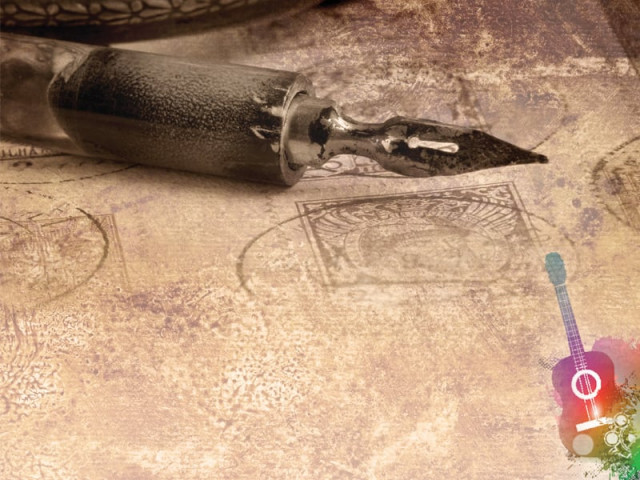Paan mandi: restricted access

“We do not allow any new men into the business,” Haroon Soomro told The Express Tribune. Soomro has been in the business for the past 25 years and believes that only recognised families can last in this market.
Trade is strictly confined between those who have inherited the business from their forefathers and have spent enough time here, he said, adding that mostly Muhajir, Memon and Bohra families operate at the Mandi.
“Those who have inherited the trade deal among themselves and no new person comes in to experiment,” he asserted, “The trade only benefits those who have years of understanding and experience.”
A common joke among the traders is that if a new person tries to do business on cash, they consider him a thief while anyone trading on debt is considered honest, Soomro explained.
At Paan Mandi, located behind the City Courts in Saddar, the busiest time of the day is between 4 pm to 6 pm. Men, who either supply betel leaves to paan shops or own one of their own, gather at the market, struggling and jostling to bid for the betel leaf variety on sale.
The paan auction time is when the best of the imported varieties are displayed for sale and the highest bidder takes it all.
Businessmen brag about quick and successful sales in the market. “We start our sale at 2 pm and by 8 pm we are sitting in our homes,” said a retailer Nadeem Aqeel.
The 55-year-old Paan Mandi in Karachi is the largest betel leaf market in the country. The market stocks at least 11 varieties of imported betel leaves and over 37 local ones.
The wholesale and retail shops are arranged in a haphazard manner in the narrow lanes that make up the entire market.
Almost all special varieties of the subcontinent are available in the market. The Karachi variety is grown in Gharo and Keti Bunder and is available in abundance in the market. The Karachi paan has many sub-varieties but since it is local, it is also the cheapest of all types and makes up for most of the sales.
“One peti (basket) of the Karachi paan that usually weighs around nine kilogrammes (kg) sells for Rs300 to Rs500 per kg,” said Muhammad Yaqoob, a trader of imported paan.
According to Yaqoob, imported varieties, such as Saatchi from Bangladesh, Silon from Sri Lanka and Thai paan from Bangkok, are of better quality and cost more than local ones. One basket of the imported paan costs Rs700 per kg but can sell for as low as Rs400 per kg depending on market dynamics and the auctions, he said.
Summer is the time when local varieties come in abundance so the imported ones lose demand; but in winters, local production decreases. That is the time when imported betel leaves are sold at a 70 per cent profit, Yaqoob pointed out.
Imported varieties, mostly from other parts of South Asia, are better than local ones because the betel crop originated from these regions and the farmers there are its oldest cultivators. “It’s sweeter in taste too,” Yaqoob said.
The Paan Mandi is filled with shops selling betel nut and other ingredients for paan. You can find gulqand, which is a sweet paste made from rose petals; anmol, the aroma for the paan; sweetened and thin-sliced betel nut; saunf; crushed coconut and various other liquids to add flavour and smell, Mohammad Asif, a paan shop owner from Federal B Area, told The Express Tribune.
Talking about the various types of paans available at shops, Asif said that it depends on different customers and everyone has their own special taste. “Some men eat the hard tobacco one, some eat the suanf khushbu paan that has elaichi and nothing sweet,” he said, “The ones who chew it occasionally ask for the meetha (sweet) one.”
Published in the Express Tribune, June 13th, 2010.



















COMMENTS
Comments are moderated and generally will be posted if they are on-topic and not abusive.
For more information, please see our Comments FAQ